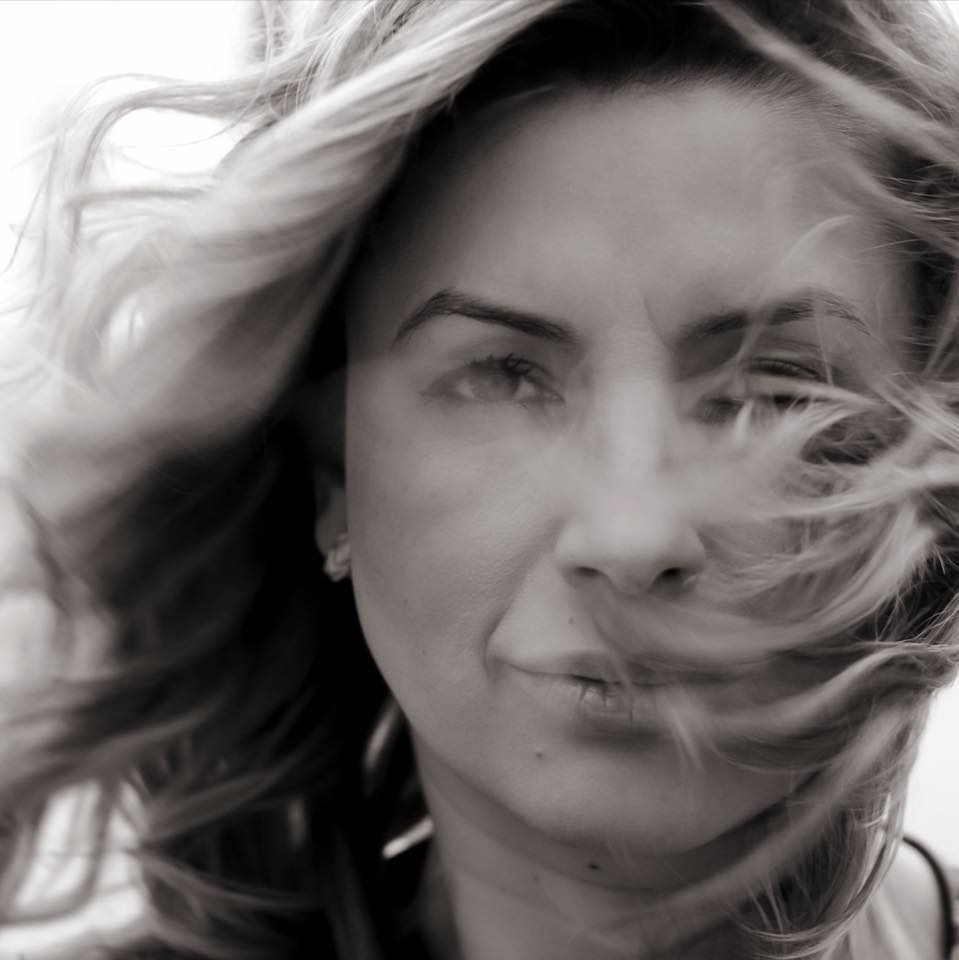Two children in the age of innocence run and play on a dusty street in one of the poorest sectors of Maracaibo, Venezuela. Stripped of food, clothes, and toys, they scamper over the reddish earth. They do not smile, but they do not look sad either. To be alive is enough for them. They play on the land that was once the most prosperous and richest country in Latin America.
In this reality, wealth is made up of nature. The sun, the earth, the air, and the impetuous blue sky are all free, and these children, while living in desolation, have learned to enjoy life.
These are the true victims of this tragedy, a generation that was born under the oppression of a dictator who disguises himself as a democrat. A generation to which tyranny has condemned them to misfortune and poverty.
And this is only a small sample of the hidden Venezuela. A Venezuela that is hardly accessible because of the danger represented by the cooperatives (government paramilitary groups) that patrol the streets armed and dressed in civilian clothes.
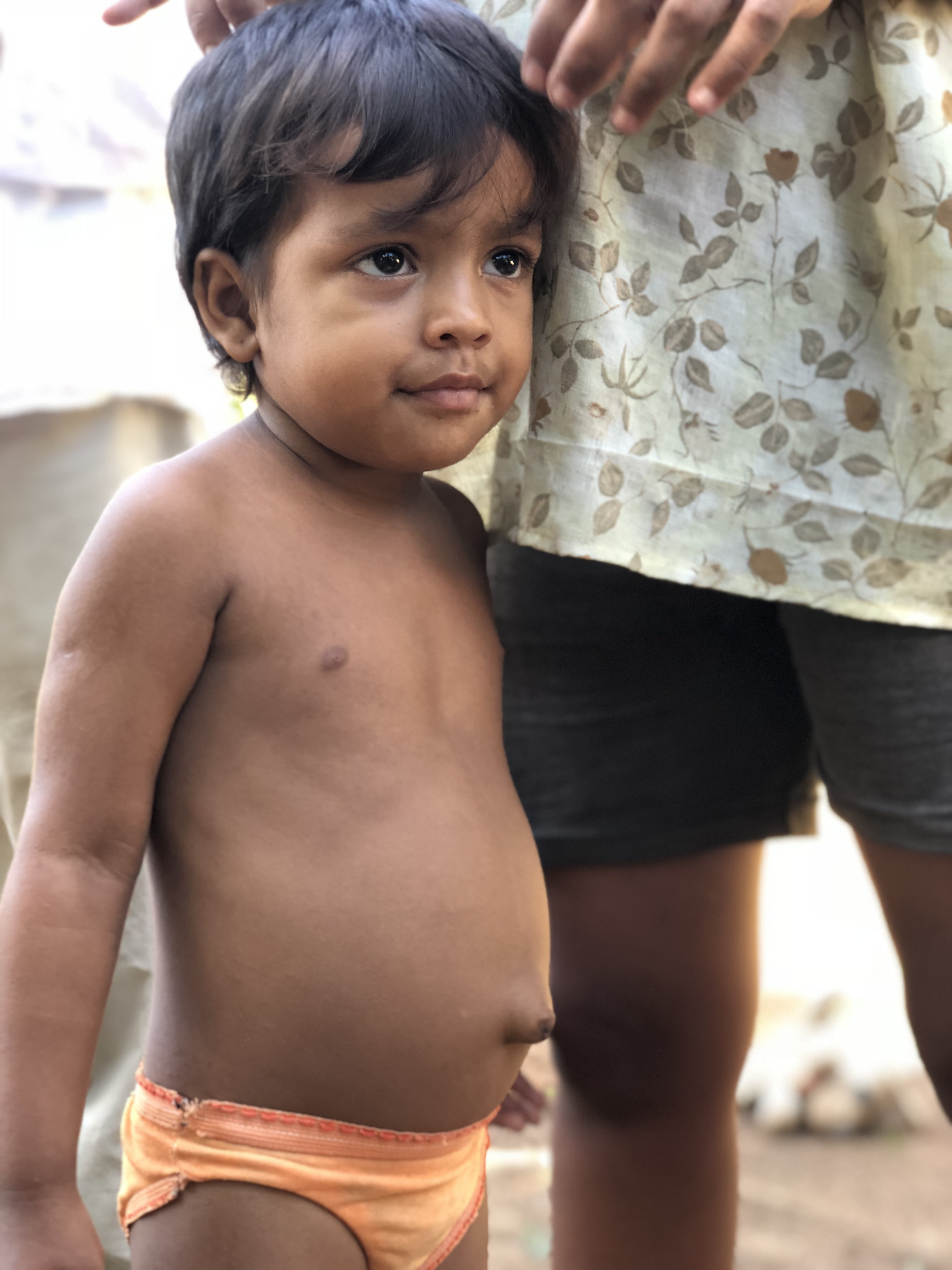
The neighborhood in which these children live is located one hour from the border of Colombia. The humble farmhouse is mostly made up of recycled tins, some of which say, "For Sale," as if announcing that one more family has migrated. In the kitchens of these houses hang dishes, utensils, and empty pots. The stoves reveal the hustle and bustle of several generations, although unused for a long time.
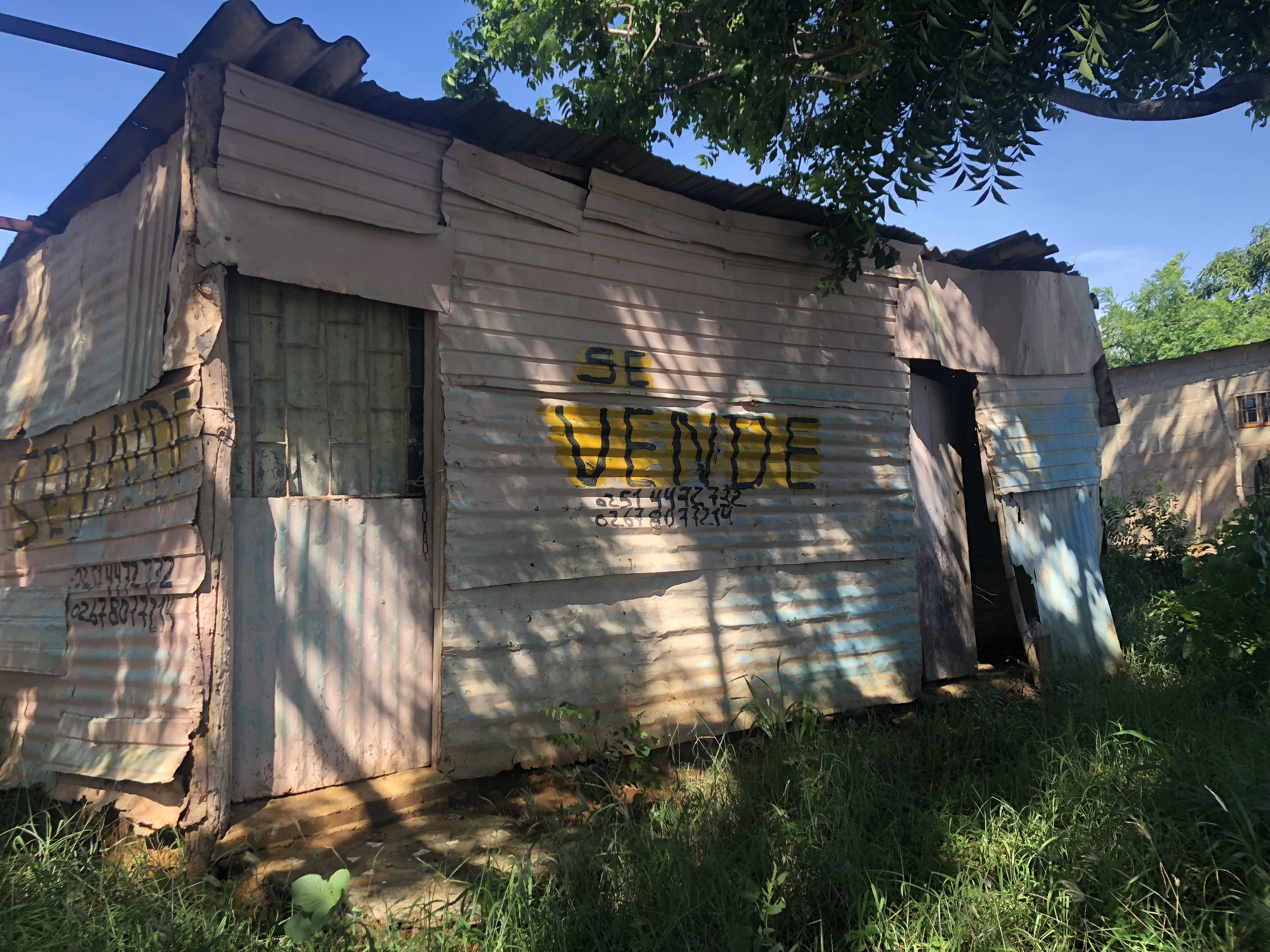
The child population, which seems enormous in this place, is challenged with severe skin infections, allergies, vitiligo, umbilical hernias, and signs of advanced malnutrition. The babies lack milk and disposable diapers. Pregnant women, who are also common here, say they have no medications nor surgical devices for the day of delivery.
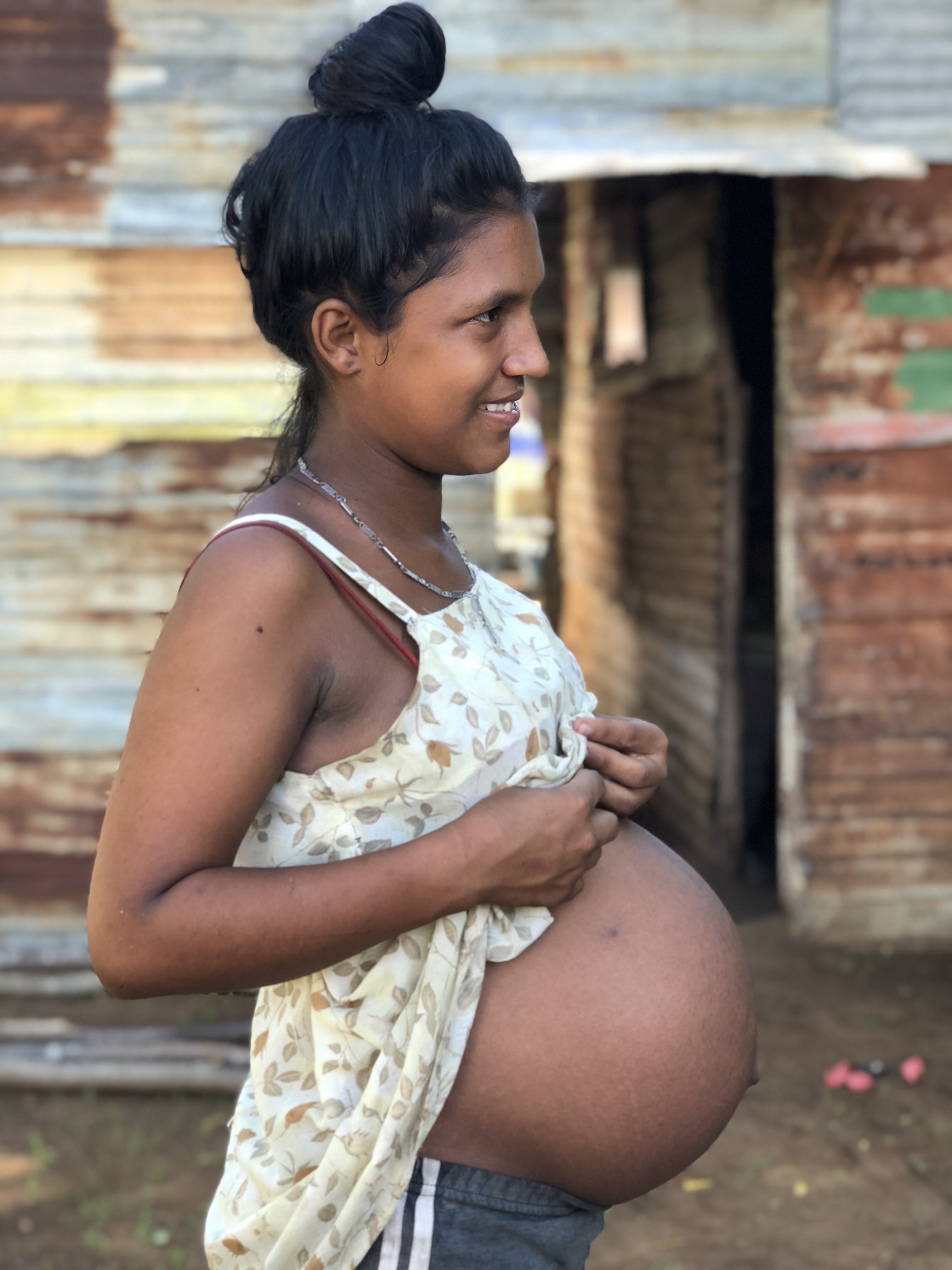
The adults who remain in the area and who have not migrated to Colombia or to other destinations are mostly grandparents, children, and women. More than four million people have escaped from Venezuela, generating a humanitarian crisis as serious as those registered in the countries with which Syria shares its borders.
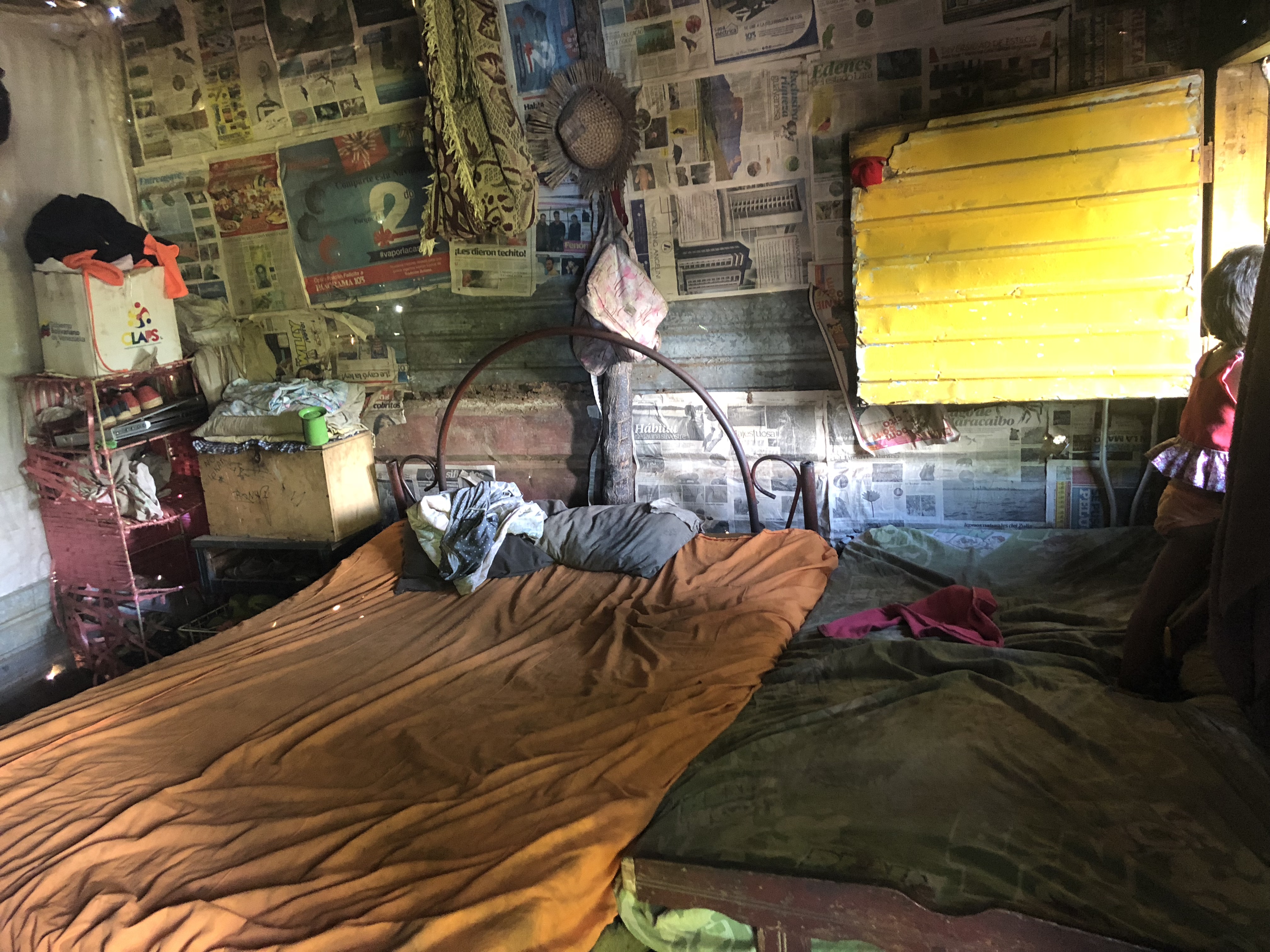
In the neighborhoods of Maracaibo, it is common to see abandoned garbage in the streets and people searching for food in the rubbish. In the corners of the town, groups of children gather to beg for a piece of bread from those more fortunate
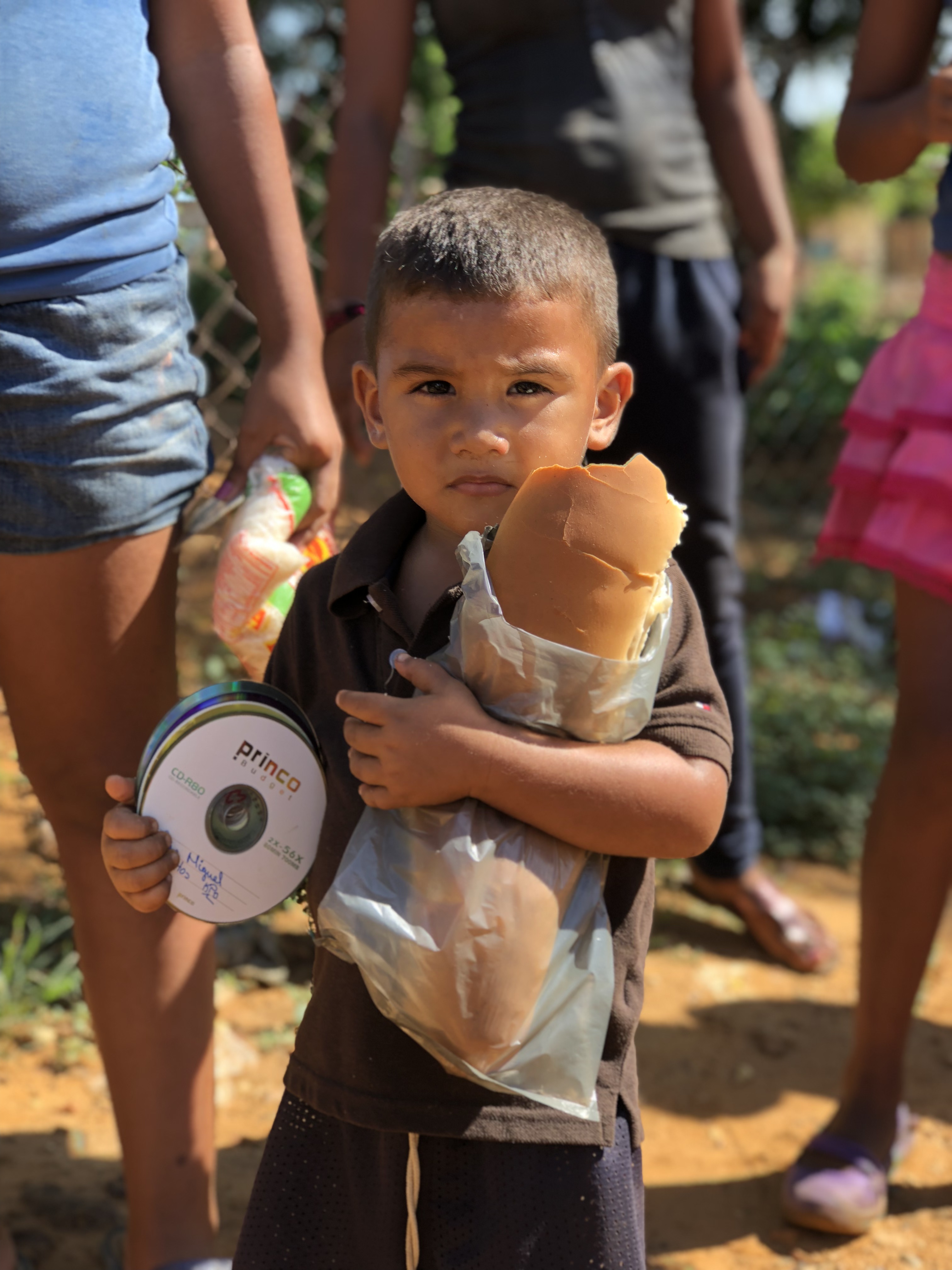
Some influential people, from the comfort of a computer, have been dedicated to criticizing humanitarian aid. They pose a petty position that forgets all those grandparents, women, children, and others who today have an empty stomach. Some advocates of recalcitrant communism have focused on proposing theories instead of working on a plan to save the people from famine.
Many will say that this reality is not exclusive to Venezuela and that this type of misery is common and repeated throughout Latin America and other countries in the world. This is true! The misery is often one in the same and replicated from one country to another. However, what cannot be compared is the collapse of the Venezuelan economy, where the cost of living has led people to suffer deprivation. To cite a couple of examples, a citizen must pay $2.5 dollars per two pounds of bread, while the minimum wage is $6 dollars per month. Chickens are available in some stores and in the black market. Yes, of course. But for $7 dollars! A whole dollar more than what a salaried employee makes per month.
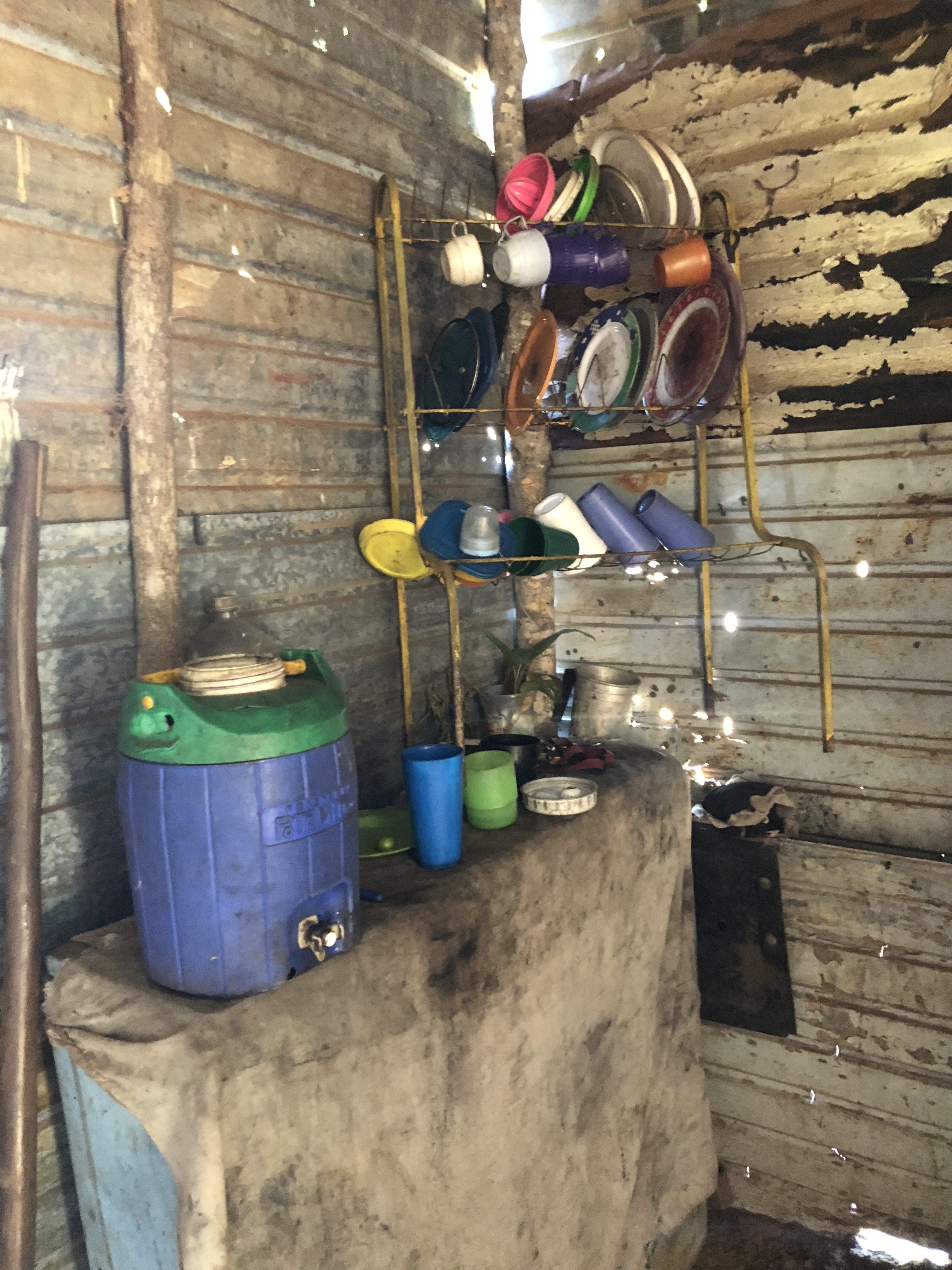
The children of this story do not understand what is happening, and they are not aware of how the world views their situation. They, in their innocence, are waiting for a hint of help that will satisfy their hunger. Meanwhile, Nicolás Maduro continues to cling to power like other dictators, and with the opportunistic support of a corrupt military class; Donald Trump increases the pressure with sanctions and threats; the self-proclaimed, “President” Juan Guaido is surrounded by allies to end the regime; Russia goes ahead in its plan to support Maduro; and Richard Branson tries to open the border with the power of music.
While children play in yards full of dirt in villages, at their expense, we are witnessing the threat of a war in Latin America in the best style of the ‘50s Cold War; the open confrontation of communism and capitalism; the protests at the border that have left two people dead and 300 injured; the blockade of 200 metric tons of humanitarian aid. We are distracted by listening to geopolitical experts who rely on statistics to try to anticipate whether or not there will be military intervention or who will fire the first bullet.
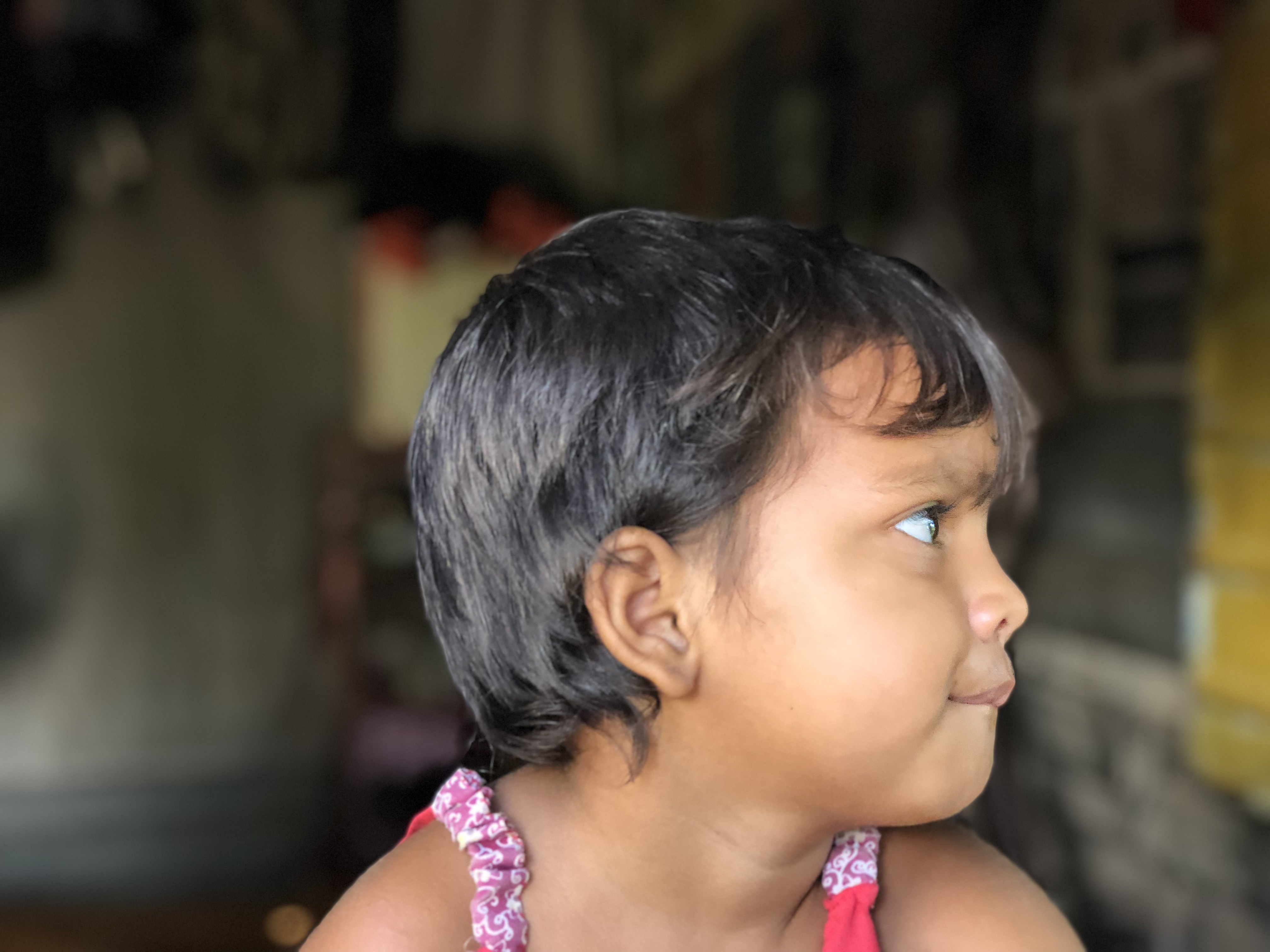
In this environment in which anxiety reigns we cannot leave aside the real victims, the Venezuelan children, who through no fault of their own face malnutrition and illness. The future of Venezuela depends on everyone, and the world must find a solution to save this country from the communist dictatorship and the horrors of war.
It is time for the Venezuelan soldiers and policemen to wake up, give up the fear and the fatigue uniforms that serve the tyrant, and cross the line that separates them from their people. The fate of Venezuela is in the hands of the Armed Forces. It is time for the uniformed to honor the uniform by helping their own people. And they must do so as soon as possible: before the first bomb is thrown in the backyard of one of these humble houses, before the blue sky is covered in smoke, before the birds are silent, and the rivers contaminated with blood. They must do so now and before history punishes them for having become the executioners of their own people!

